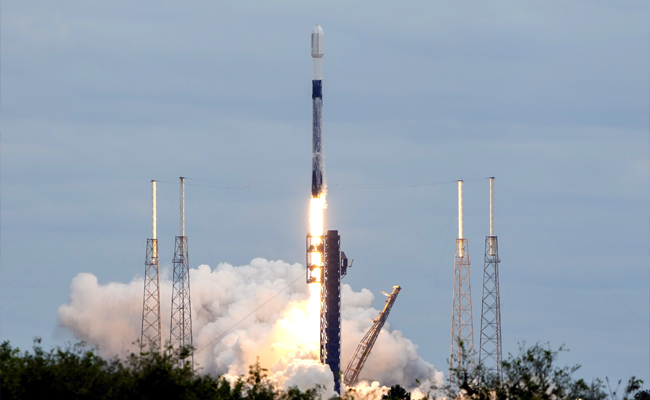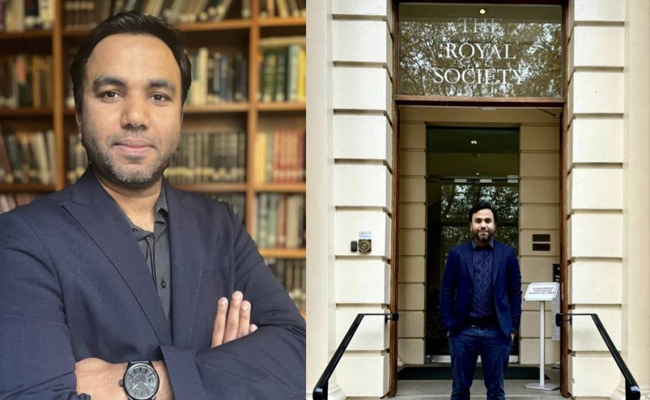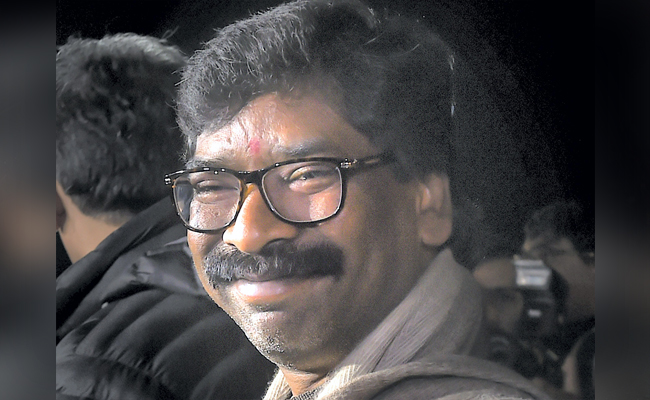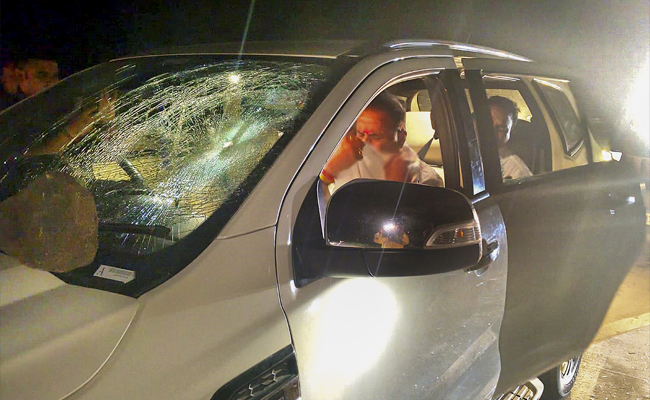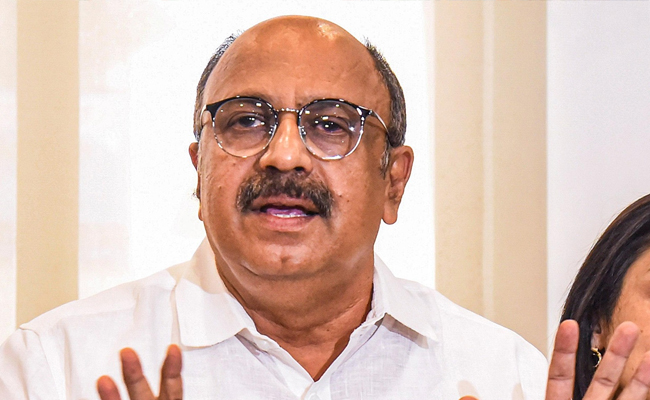Bengaluru (PTI): The country's latest communication satellite, GSAT-N2 was successfully launched by billionaire Elon Musk-founded SpaceX from Cape Canaveral in the US, ISRO's commercial arm NSIL has said.
The 4,700kg GSAT-N2 High-throughput (HTS) satellite onboard a Falcon 9 rocket has been injected into the desired orbit, NewSpace India Limited (NSIL) said.
"NSIL's GSAT-N2 High-throughput (HTS) Communication satellite successfully launched from Cape Canaveral, USA on 19th November 2024."
"GSAT-N2 weighing 4700 kg has been injected into the desired Geo-synchronous Transfer Orbit (GTO) and ISRO's Master Control Facility (MCF) has taken control of the satellite. Preliminary data indicates satellite in good health," NSIL said in a post on 'X.'
The second Demand Driven satellite of NSIL, GSAT-N2 is a Ka-band High throughput communication satellite that will enhance broadband services and in-flight connectivity across the Indian region, NSIL said. GSAT-24 was NSIL's first demand driven satellite and launched from Kourou, French Guiana on June 23, 2022.
"This satellite (GSAT-N2) featuring multiple spot beams and wideband Ka x Ka transponders, aims to support a large subscriber base with small user terminals, boosting system throughput through its multi-beam architecture which allows frequency reuse," NSIL said.
The satellite has a mission life of 14 years and is equipped with 32 user beams, comprising eight narrow spot beams over the Northeast region and 24 wide spot beams over the rest of India.
"These 32 beams will be supported by hub stations located within mainland India," NSIL said.
The payload consists of three parabolic 2.5-meter deployable reflectors with multiple feeds generating 32 spot beams over the Indian region using a single feed per beam configuration.
The GSAT-N2 spacecraft structure is based on the standard Carbon Fiber Reinforced Polymer (CFRP)-based I4K bus.
Let the Truth be known. If you read VB and like VB, please be a VB Supporter and Help us deliver the Truth to one and all.
London: Dr Safeer CK, a faculty member in the Department of Physics at the University of Oxford, has been awarded the prestigious Royal Society University Research Fellowship in 2024, securing a funding grant of £1.85 million (Rs 19,73,48,195.00). A leading young researcher in the field of spintronics, Dr. Safeer’s work is poised to revolutionise next-generation electronics.
The Royal Society Fellowship is one of the highest honours in the scientific community. Royal Society Fellows include iconic scientists such as Isaac Newton, Albert Einstein, and Indian luminaries like Srinivasa Ramanujan and C.V. Raman.
Dr Safeer's research focuses on using nanomaterials—just one atom thick—to build the computers of the future. His research group, the Oxford-MIND group, is based at the renowned Clarendon Laboratory at Oxford Physics. The group focuses on building future brain-inspired computing architectures and advancing the frontiers of spintronics and 2D materials research.
Hailing from Kerala’s Malappuram district, Dr Safeer rose through the ranks of academia, eventually earning a place at Oxford, one of the world’s most prestigious universities. Dr Safeer’s academic path began at Mongam Ummul Qura Higher Secondary School and Morayur V.H.M. Higher Secondary School before pursuing his undergraduate studies in Physics at Hansraj College, Delhi University. He later earned a postgraduate degree from Joseph Fourier University in France, supported with the scholarship provided by the Indian government and France government. He went on to complete his doctorate in Nanophysics at the Spintec laboratory in France, a part of the French Atomic Centre.
His impressive collection of records and achievements includes the prestigious Marie Curie Individual Fellowship, one of Europe’s most competitive and sought-after research awards.
Over his career, Dr Safeer has published 18 research articles, including papers in the Natural journals, and holds three international patents for novel magnetic memory technologies. He also teaches undergraduate courses in Physics and Electronics at the University of Oxford.

